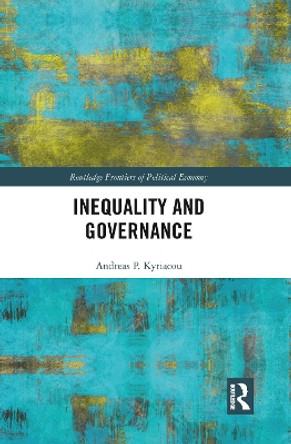Description
The book includes discussion of the definitions and measurement of objective and subjective health and income inequality, and illustrates how various measures have been developed in different countries. Main conclusions from the literature are then summarized and discussed critically. It incorporates a substantial research overview of the field, as well as a detailed debate of the empirical challenges that arise during research. The book concludes that results are surprisingly contradictory, but that several studies have found that higher inequality is directly linked to lower subjective well-being.
Students and scholars in public health, social work, economics, and sociology will find this book an essential exposition of conceptual issues and empirical methods applied to the controversial topic of the health consequences of inequality.
About the Author
Andreas Bergh, Therese Nilsson, Lund University and Research Institute of Industrial Economics and Daniel Waldenstroem, Research Institute of Industrial Economics, Sweden and Paris School of Economics, France
Reviews
'With this book Bergh, Nilsson and Waldenstrom bring a nuanced contribution to a research field torn by controversies and heated polemics. In a clear and pedagogical manner the authors sift through the research and weigh the evidence. It should be essential reading for anyone interested in the relationship between income inequalities and health.' -- Stefan Fors, Karolinska Institutet and Stockholm University, Sweden
'A terrific analysis of one of the big questions in social science. This engaging book distils the wisdom of hundreds of academic studies, while doing justice to the complexity of the issues.' -- Andrew Leigh, Economist and Australian Parliamentarian
Book Information
ISBN 9781785364204
Author Andreas Bergh
Format Hardback
Page Count 168
Imprint Edward Elgar Publishing Ltd
Publisher Edward Elgar Publishing Ltd







